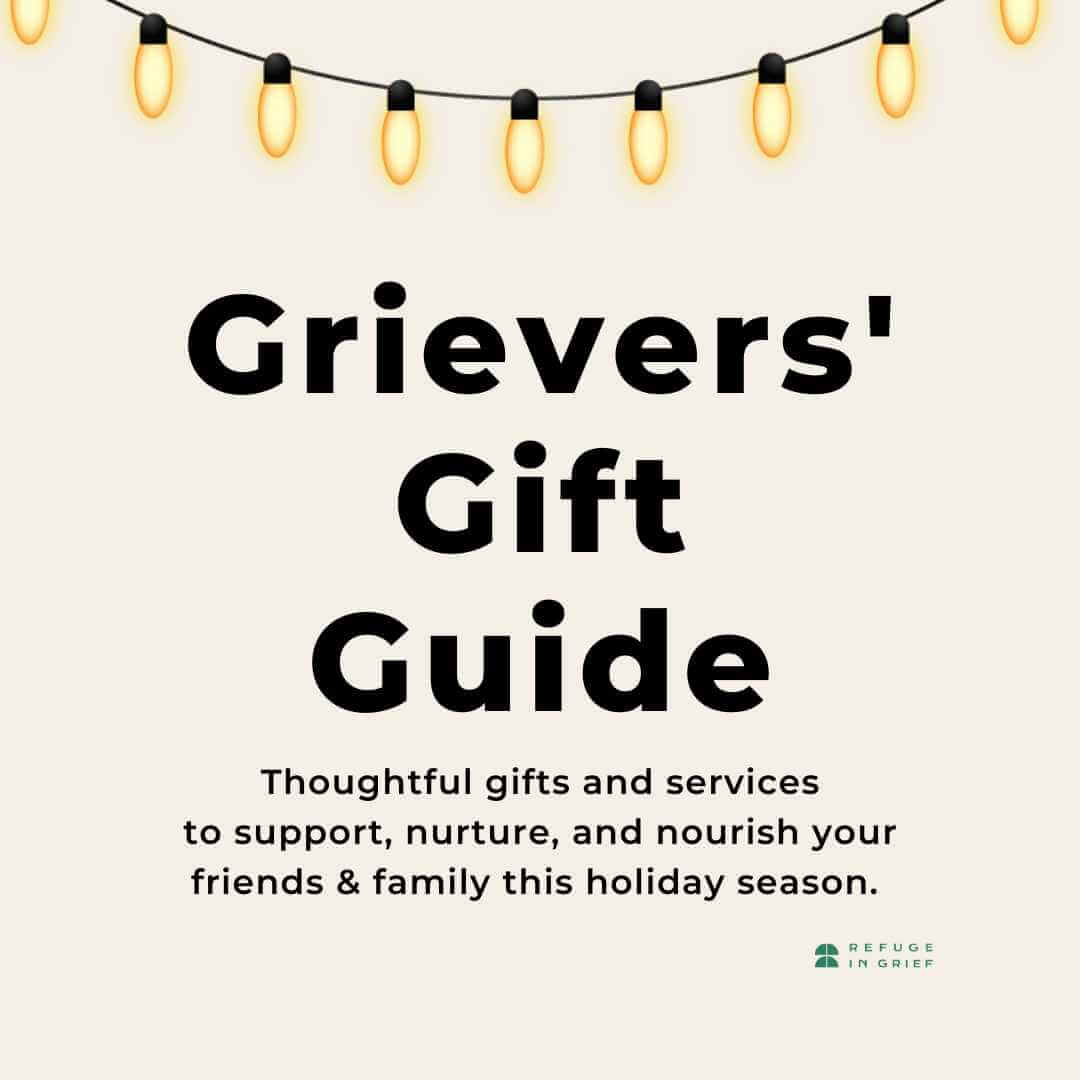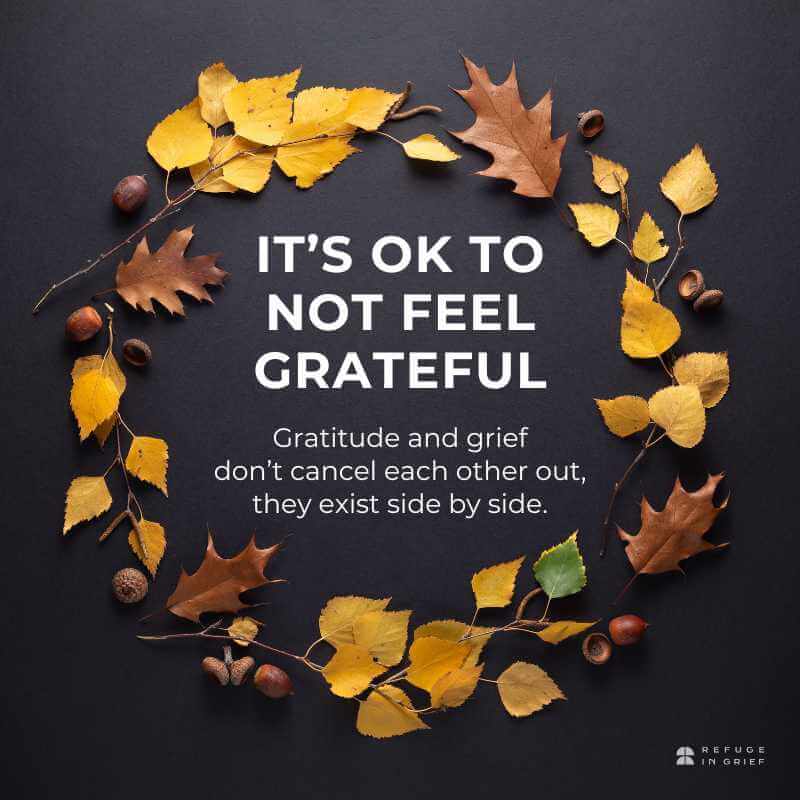Trans people will not be erased. (and here’s why you should care)
Not sure why you should care about issues facing Transgender people? Whether you’re annoyed or just curious, this post is for you. Today is International Transgender Day of Visibility, so I’m republishing a post from a couple of years ago. The issues haven’t changed.
On a post about discrimination around trans rights on instagram, someone commented: “What does this have to do with my grief over my husband?!”
Her tone was clear: she was pissed off that I posted about trans rights on a page she believes should only be about grief. Her “how dare you” was barely veiled. Grumpiness shows up a lot when you’re in the public eye, so I have a practice I try to follow – I try to read all comments as innocent questions, rather than incendiary, annoyed demands.
So I read that comment, and thought: Good question, wrong tone. What happens if I hear a comment like that in a different tone? If I hear it as an earnest, innocent question, instead of a grumpy, entitled whinge? Suddenly it’s simply an invitation to educate rather than breathe fire.
My personal response back to the original comment was quite brief (tbh, I was holding my tongue so as not to incinerate the commenter). Someone from our community heard the pain inside the grumpy comment and responded with a longer, beautiful, gloriously kind comment for the original commenter. Education by committee! I love it when that happens. (and if you don’t follow my IG account yet, come on over and help spread kindness in the comments!)
The person who made this comment isn’t the only one feeling grumpy about the mention of trans rights (or anyone else’s rights) in “the grief space.” If you’ve read posts on this subject and felt dismissive or angry, or you’re just legit not interested due to your own levels of pain, I hear that. Inside that annoyance is an earnest, innocent question about what all this has to do with you.
If you've read posts on trans rights & felt angry, or are just legit not interested due to your own levels of pain, you're not just grumpy. You've got earnest, innocent questions about what all this has to do with you. Here's my… Click To TweetSo here’s what I have to say about trans rights, grief, and an abundant compassion:
Denying someone’s right to exist is a grief issue. WHY? For those who aren’t sure how these things are connected – erasing people, denying them rights and access to health care (among other things) causes suffering. Suffering causes grief.
Erasing people, making it painful or terrifying to be who they truly are increases suicide rates, addiction rates, depression and anxiety rates. These things all cause grief – both for the person and for those who love them.
Discrimination and legislated exclusion encourages people to hate others, often resulting in violence, denial of rights, harassment, and abuse.
All of which cause both suffering and grief.
Why do I post about trans issues? Why do I post about racism and misogyny and violence of all kinds? Because every single one of these things causes suffering, pain, death, and grief.
If we want a more compassionate culture for our own losses, we have to make compassion an abundant resource. That means sharing and showing compassion for everyone, whether or not you personally believe their grief is valid. Click To TweetMy readers are all here because they’ve felt misunderstood or erased, in some way, in their own grief. If we want a more compassionate culture for our own losses, we have to make compassion an abundant resource. That means sharing and showing compassion for everyone, whether or not you personally believe their grief is valid.
Maybe your own personal pain is such that you have nothing to offer to the fight for others rights. That is 100% okay! Tend to your own wounds. That is a beautiful thing to do. Kindness given to yourself adds to the kindness of the world, and we need that. You need that.
Sometimes it’s hard to face the pain of the world without your person by your side. That is 100% okay! Show yourself kindness and compassion. That self-love contributes to the love available in the world.
Showing compassion to yourself helps make compassion a more abundant resource. Showing compassion to others, even (and especially) when you don’t understand them helps make compassion a more abundant resource.
The truth is, compassion is already an abundant resource. We just need to treat it as such, rather than contribute to the idea that there’s not enough to go around. You don’t have to understand someone in order to be kind, nor to believe in their right to exist, safely, in this world.
No matter where you are in your own grief, if you’re in a place where you’d like to learn to be a better ally (I’m in that camp!), here are some tips from GLAAD. Trans friends and readers: I love you, I see you, I’m sorry humans put you in such danger.
PS: If you aren’t capable of being kind and inclusive in the comments on this page (or any of my social media pages), your comments will be deleted and you’ll be banned. I have no time for hate.
Grief is really rough. It takes a toll on your mind, your body, your relationships – everything. Feeling like you’d rather not wake up in the morning is very different than thinking about actually harming or killing yourself. Please. If your pain is too great, reach out for help. There are people who have been where you are.
If you are in crisis, call the U.S. National Suicide Prevention Lifeline, a free, 24-hour hotline, at 1.800.273.8255. The Trans Lifeline Hotline is 877-565-8860. If your issue is an emergency, call 911 or go to your nearest emergency room. Additional helplines – including those outside of the US – can be found here. The content and comments sections on Refuge in Grief are not a substitute for compassionate, skilled care in your chosen communities. For more on the limits to the service we provide, please read our safety page, here.
 How about you? How’re you doing in this climate of hate and exclusion? Remember that it’s ok to turn away and tend to your own heart if that is what you need. How do you practice compassion as an abundant resource? Let us know in the comments.
How about you? How’re you doing in this climate of hate and exclusion? Remember that it’s ok to turn away and tend to your own heart if that is what you need. How do you practice compassion as an abundant resource? Let us know in the comments.


